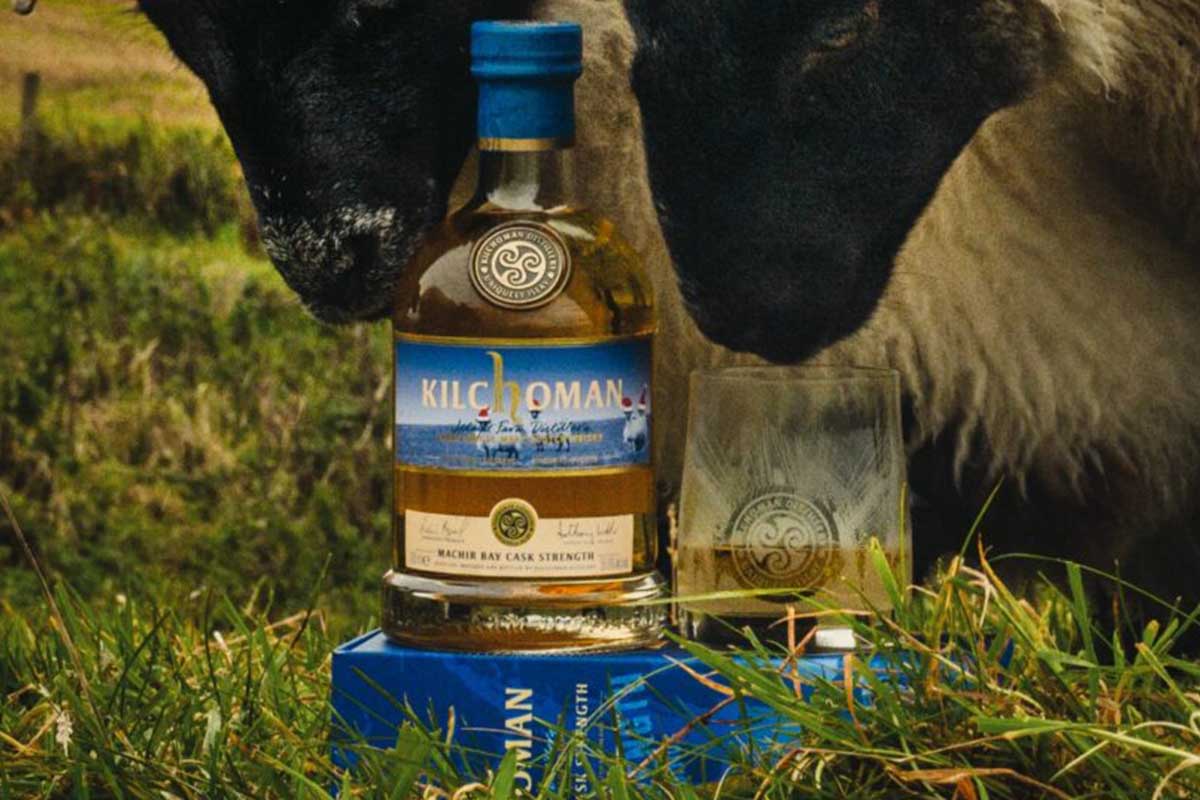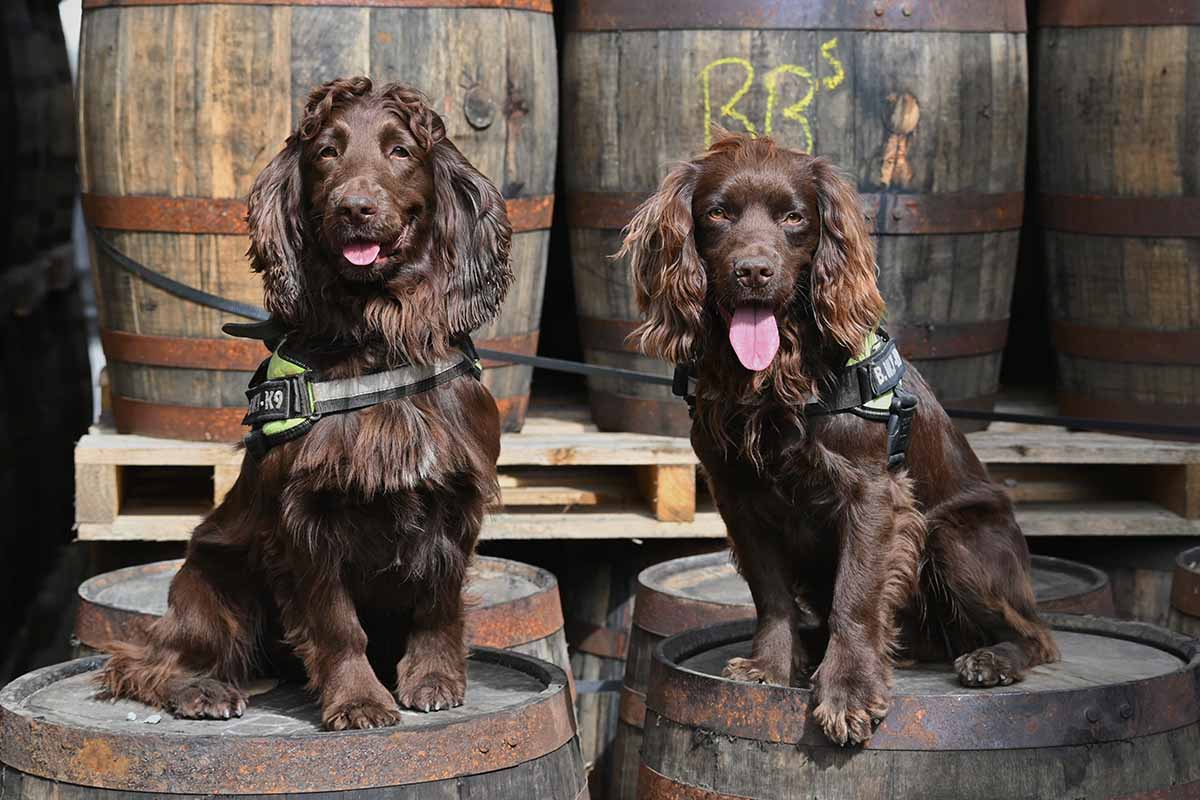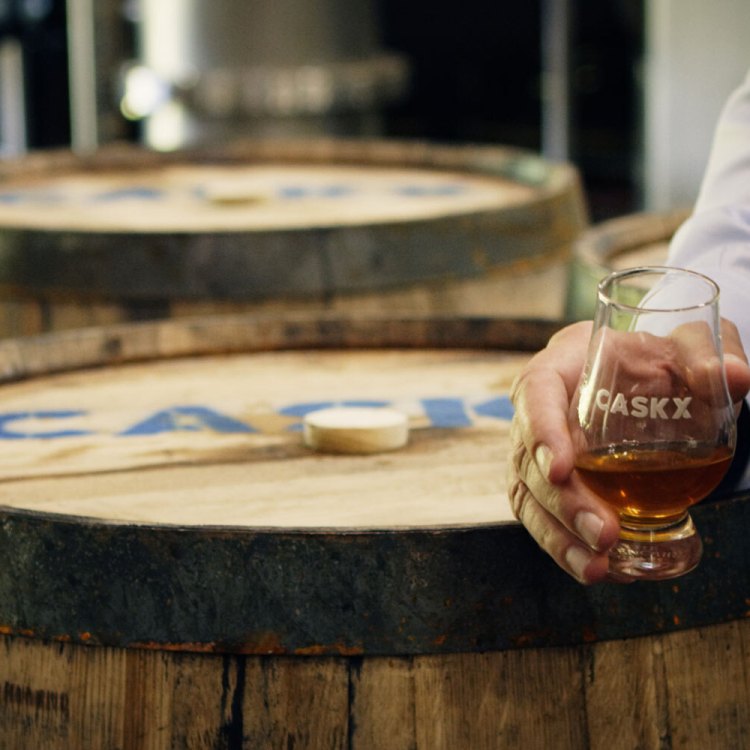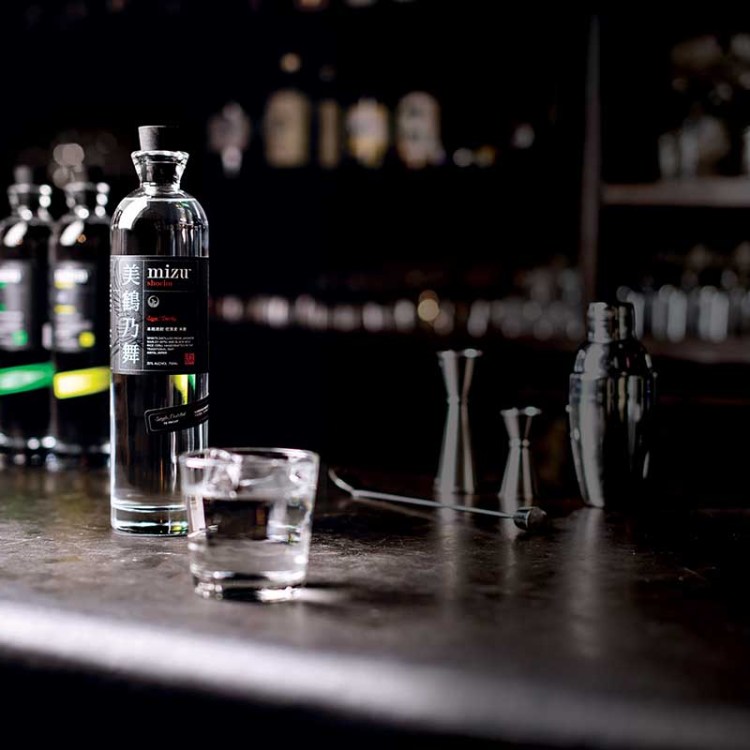These trucks run on whisky.
Sort of.
Scotch distillery Glenfiddich recently announced their delivery trucks will run on low-emission biogas made from waste products from their distilling process, as reported by Reuters. It’s part of the whisky industry’s larger plan to cut emissions and create more sustainable practices.
While spent grains have been sold off as cattle feed in the past — a fairly common distillery practice — the new conservation targets liquid waste. Essentially, the distillery will convert production waste and residues into an Ultra-Low Carbon Fuel (ULCF) gas that produces minimal carbon dioxide and other noxious byproducts, a process they say will cut emissions by an an estimated 95-99%.
This biogas is currently powering trucks from production at Dufftown to bottling and packaging sites in central and western Scotland.
“We are proud of these renewable energy breakthroughs in our industry as we scale up the de-carbonizing benefits of this closed-loop process across our entire transport fleet,” said William Grant distilleries director Stuart Watts.
The Scotch whisky industry as a whole has committed to carbon net-zero emissions by 2040. Other plans in this Sustainability Strategy include the use of all reusable, recyclable or compostable packaging by 2025 and a “wider conservation and restoration of Scotland’s peatland to deliver environmental benefits for the common good” by 2035.
Thanks for reading InsideHook. Sign up for our daily newsletter and be in the know.

















